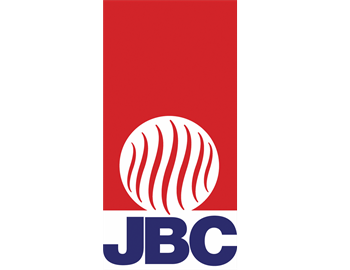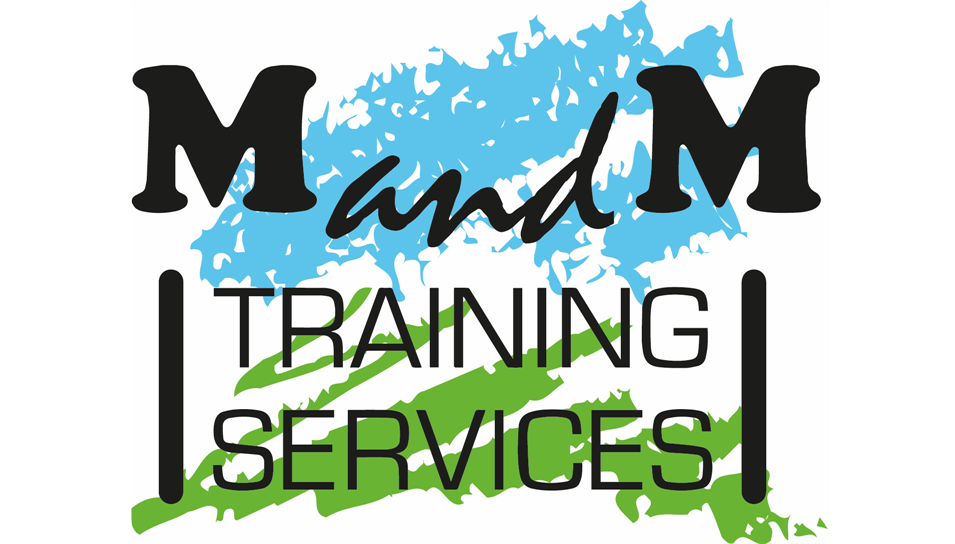Boiler Operation Accreditation Scheme (BOAS)
BOILER OPERATIONS ACCREDITATION SCHEME (BOAS)
Under PUWER it is a legal requirement to train staff to operate all equipment. Boilers have a special place however, especially with the HSE. When things go wrong the HSE will ask you to prove the competence of your operators and their management team. If they are all BOAS trained the HSE may look no further. If they are not trained to this level, then you will find it difficult to prove competence.
BOAS trained staff know what to look for to keep boiler plant at its optimum efficiency. Training your staff can save thousands of pounds in fuel costs per year, chemicals used and reducing repairs to name a few.
Currently there are over 6000 people BOAS accredited as either operator, manager or in some cases a joint operator and manager award.
Devised in consultation with the Health & Safety Executive (HSE), the insurance industry, manufacturers of boilers, burners and associated equipment, and employers, with the practical support of The Carbon Trust.
The CEA has devised a scheme recognised by industry, insurers and HSE, which provides a comprehensive qualification for operators and managers of industrial and commercial boiler plant.
Since the demise of the former City & Guilds boiler operative qualification, there has been no nationally-recognised qualification. The CEA seeks to fill that gap.
The syllabus has been devised in consultation with HSE, the insurers, trainers and employers. It is based on the former City & Guilds syllabus, but updated and expanded to include, not only safe operation, but energy efficiency, environmental control, and the latest developments in automatic and remote control.
The qualification can be obtained in two alternative ways:
- By attendance on an approved training course.
- By application for assessment for those who can demonstrate
sufficient experience.
In cases where a candidate attends an approved training course, the assessment will be carried out within the course. Where the experienced candidate just applies for assessment, he will be required to attend a one-day assessment course, which will include oral and written processes.
BOAS Handbook, Learning Outcomes, Fee Structure & Training Provider List
QUALIFICATIONS
CAT 1 - Hot Water Boilers at any pressure and temperature
Conventional shell type hot water boilers. The training and all aspects of the assessment can usually be carried out on the Training Provider’s site.
This syllabus is applicable to Operators and Managers with responsibility for hot water boilers which are directly fired, waste heat boilers and combination boilers (direct fired boilers with a waste heat section).
(Further information Page 5 & 19 of the BOAS Learning Outcomes)
CAT 2 - Shell-Type Industrial Steam Boilers
The training and all aspects of the assessment can usually be carried out on the Training Provider’s site.
This syllabus is applicable to Operators and Managers with responsibility for horizontal multitubular shell boilers which are directly fired, waste heat boilers and combination boilers (direct fired boilers with a waste heat section).
(Further information Page 5 & 28 of the BOAS Learning Outcomes)
CAT 3 - Water Tube Boilers
Assessment will take place at the candidates place of work where the plant is located. Training may also be performed on site, but please note that this may entail additional costs.
This syllabus specifically excludes solid fuels – coal, biomass etc. as these are dealt with in a separate course. Candidates may work with boilers that utilise liquid or gaseous bio-fuels which possessing specific characteristics not shared with the more common hydrocarbon fuels.
(Further information Page 5 & 39 of the BOAS Learning Outcomes)
CAT 4 - International BOAS
International BOAS awarded to suitable Operator and Manager Candidates from non-UK jurisdictions.
IBOAS is designated Cat 4 to avoid any misunderstanding with UK based BOAS qualifications.
In order to allow for the differences that exist in the way that engineering standards are drafted and legislation is made in other countries, IBOAS is not focussed on the specific legal requirements that are in force in any one country.
(Further information Page 5 & 52 of the BOAS Learning Outcomes)











